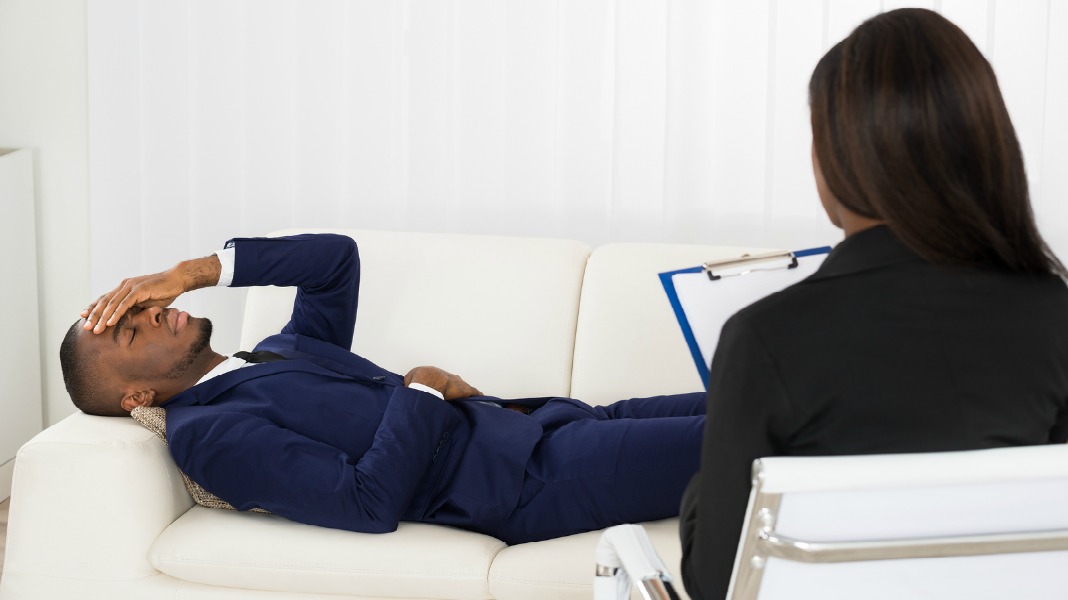As one of the few Black therapists at the mental health clinic in East Harlem, I see firsthand the major shortage of Black therapists. Mental health services are important, and having therapists that look like the clients they serve is just as crucial. During my years in the field, I have encountered Black and brown clients who have disclosed to me that they did not feel comfortable with their white therapists. Having people of color work with this population, especially young Black youth, is important. Not only do they need to see positive images of Blacks in their communities, they need to feel understood by someone who is helping them as they face adversities that are race-related.
The color of someone’s skin does not determine their level of effectiveness or empathy as a therapist. However, if you walk into a therapist’s office and see that they are also African-American, there is an implicit feeling of having a connection because you both have had more of a similar experience as a Black person in white America.
In the article “Staying The Course: Psychotherapy In The African-American Community,” Old Dominion University psychology professor Janis Sanchez-Hucles says that in her 20 years of experience, she has had many colleagues approach her expressing their “confusion and perplexity about how to treat African-Americans and how to conduct the kind of successful first session that increases the chances that the client will return.” These doctors’ uncertainty about how to approach a Black person during therapy does not mean they aren’t skilled or educated, it just shows the meaning and significance of cultural competence in psychotherapy. For example, as a Black therapist if I’m working with an Orthodox Jewish white woman, I know how to be culturally sensitive; however I cannot relate to many of her experiences, including growing up in a Jewish or predominately white neighborhood, family dynamics, cultural traditions or even religious practices. Also, she may have reservations about working with someone who will obviously have difficulty relating to her, which can have a negative effect on the formation of a therapeutic relationship. The same stands for working with Black folks.
Sanchez-Hucles also states that “all too often therapists today do not understand the issues that are unique to African-Americans and the special dynamics that these clients bring to a first session of therapy.” People of color often enter therapy feeling like they may be judged and misunderstood. These feelings can be heightened with a white therapist due to historical stereotypes of Blacks. Having a therapist who looks like you can provoke a feeling of relief. A Black therapist and Black client can build a faster therapeutic alliance because of that unspoken connection. There are certain conversations about race, police brutality, Black cultural traditions, discrimination, missing Black fathers, mass incarceration, and even Trump that can be less difficult to have and discussed more freely.
A therapist who isn’t Black can be very culturally competent and sensitive to their Black clients. I have white colleagues who are great clinicians to the clients we serve in East Harlem. However, what they have learned about the Black experience has been second-hand. The social work field needs more Black therapists so they can provide a different type of comfort because they come from the same place and have gone through the same experiences as their clients.










